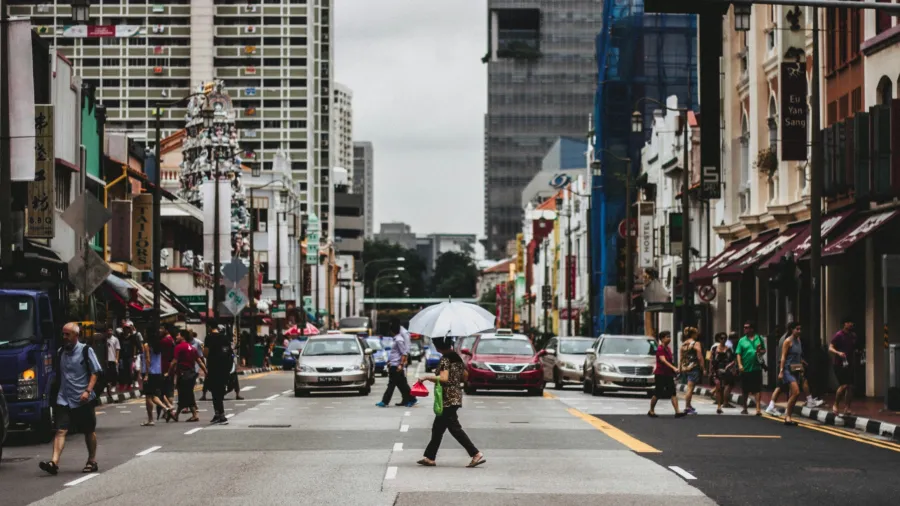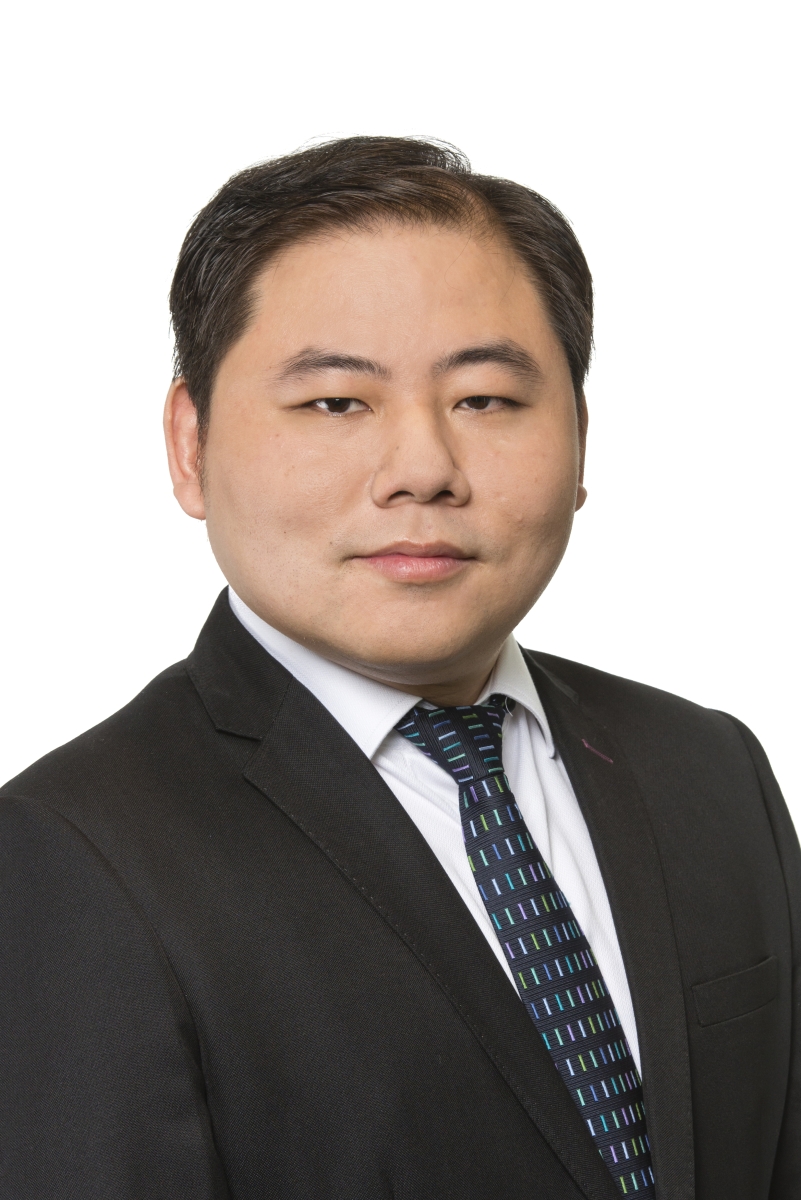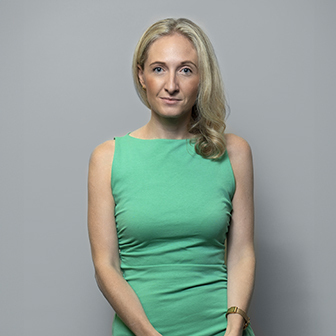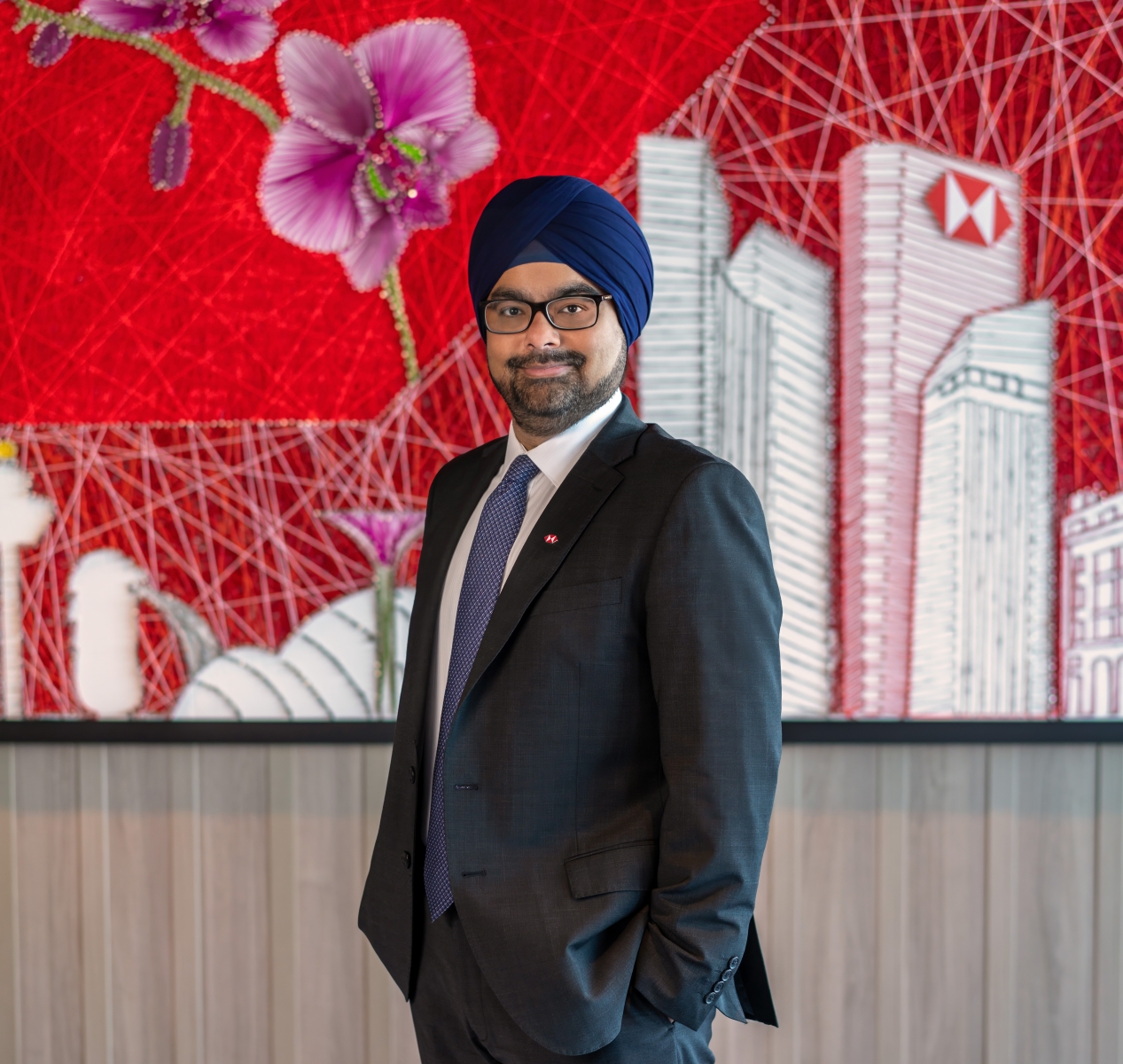
Top 50 list shows worsening dip in Singapore’s insurance premiums
The thriving nonlife business offset life insurance’s poor showing in 2023.
The drop in gross premiums of Singapore’s insurance industry widened to 9% in 2023 due to slowing demand in the life insurance segment, with people putting their money instead in fixed deposits to get better returns.
On the other hand, general insurance flourished, cushioning the overall contraction that was worse than the 0.5% dip in 2022, according to data compiled from official sources by Singapore Business Review's Insurance 2024 Rankings.
Amongst the top 10 life and nonlife insurance segments, seven experienced a drop in premiums, whilst three posted growth. Thirteen life insurers, 28 general insurers, two life reinsurers, and two general reinsurers were on the top 50 list. Five companies had two entries for both their life and nonlife units.
Life insurers dominated the list, with Great Eastern Life Assurance Co. Ltd. getting the highest premiums at $11.9b despite a 15.9% decline from a year earlier. It was followed by Prudential Plc, whose gross premiums fell 21.7% to $7.1b.
In third place was AIA Singapore Pte Ltd., followed by Manulife (Singapore) Pte. Ltd. Singapore Life Holdings Pte. at No. 5 bucked the trend with a 5.7% premium growth.
Income Insurance Ltd. came in sixth place for its life segment and 10th for nonlife insurance, followed by HSBC Life (Singapore) Pte. Ltd.’s life business at No. 7, Tokio Marine Life Insurance Singapore (life) at eighth, and Utmost International Isle of Man Ltd. (Singapore branch) (life) at No. 9. Amongst the top 10, HSBC Life posted the biggest year-on-year increase of 58%.
Cost-of-living pressures
High interest rates in 2023 dissuaded Singaporeans from borrowing to finance their single-premium life policies, Billy Teh, an analyst at S&P Global Ratings, told the magazine.

/Billy Teh, S&P Global Ratings analyst
High borrowing costs often cut disposable income, which forces people and businesses to skip insurance or opt for lower coverage.
“Economic challenges, including inflation and cost-of-living pressures, appear to have impacted consumers more heavily, as they navigate a volatile macroeconomic environment marked by rising interest rates and intense market competition,” Carmel Green, a partner at Reynolds Porter Chamberlain LLP (RPC), told the magazine in an email.

/Carmel Green, Reynolds Porter Chamberlain LLP (RPC) partner
The weighted new business premiums of Singapore’s life insurance sector fell 3.9% year on year due to slowing demand for single-premium life insurance, in which a policyholder pays a lump sum upfront in exchange for a guaranteed death benefit.
On the other hand, the demand for regular premium nonpar products such as term and health Insurance plans rose, according to the Life Insurance Association of Singapore.
Single-premium life insurance products, which used to fuel much of the sector's growth, lost traction as consumers leaned toward fixed deposits that had shorter lock-in periods and attractive returns.
On the positive side, Teh said premiums from the health insurance segment were more resilient, supported by consumer awareness about the importance of health coverage in a post-COVID environment.
Despite these setbacks, analysts are cautiously optimistic about life insurance in 2024 and 2025. With the expected decline in fixed deposit rates, single-premium endowments may regain popularity.
Teh said he expects Singapore’s life sector to grow 3% to 4% in the next two years amidst an ageing population and the need to bridge the protection gap.
Gross written premiums of Singapore’s domestic and offshore general insurance segments rose 10.1% to $10.2b in 2023, according to the General Insurance Association of Singapore. Underwriting profit was $608.1m.
“The economic rebound created favourable conditions for commercial insurers, with businesses increasingly seeking coverage for emerging risks like cyberattacks and supply chain disruptions,” Green said.
However, the rising sophistication of cyber incidents and climate-related events signals a need for insurers to recalibrate their risk models and policy products.
“Several measures, such as partnerships with auto repair workshops and doctor panels, as well as industry-wide data analytics collaboration to detect fraud, are expected to gradually improve claims experiences,” Teh said.
But the motor insurance segment faces slower growth due to Singapore’s stringent car ownership rules, which aim for near-zero vehicle growth to align with environmental targets under the Singapore Green Plan 2030. Rising demand for electric vehicles may offset this, but is unlikely to drive big gains.
“The share of property insurance in total gross premiums is poised to increase, fueled by mandatory fire insurance and the expansion of construction and infrastructure contracts,” John Zhu, chief economist APAC, Swiss Re, said in an emailed reply to questions.

/John Zhu, Swiss Re chief economist for APAC
Teh projected 5% to 6% annual growth in the property and casualty sector, driven by demand recovery in areas such as property, engineering, and liability insurance, which benefit from infrastructure and construction projects.
Zhu expects nonlife premiums to grow 5.7% in 2024 and 4.2% in 2025, though the pace may slow as nominal GDP growth slows. Product innovation, digitalisation, and infrastructure projects could spur more demand, he added.
Positive outlook
From an insurer's perspective, 2024 and 2025 present mixed opportunities that centre on artificial intelligence (AI), wealth planning, and critical illness.
Great Eastern CEO Greg Hingston said inflation has eased from last year’s peaks, prompting some central banks to relax monetary policy to stimulate growth.

/Greg Hingston, Great Eastern CEO
“Therefore, we remain cautiously positive on the outlook for economic growth next year, but are wary of inflation remaining stickier than expected, which would impact the extent of monetary easing delivered by global central banks,” he told the magazine in an email.
Great Eastern would focus on keeping health coverage affordable whilst advancing its use of AI to improve operations, he added.
AIA Singapore CEO Wong Sze Keed expects the industry to perform better in 2024 and next year. “We achieved strong results in the first half of 2024 including 27% growth in value of new business driven by strong performance across all our distribution channels,” she said in an email.

/Wong Sze Keed, AIA Singapore CEO
“With Asia's high-net-worth (HNW) population projected to grow by 61% to 28.2 million by 2026, and Singapore’s own HNW segment expected to grow by 12% to 592,000, the demand for wealth management is rising,” she added.
For his part, Manulife CEO Khoo Kah Siang said a demand shift in the life industry has been noted due to increased life expectancies, especially in Singapore.

/Khoo Kah Siang, Manulife CEO
“More people are looking for ways to sustain their lifestyles and cover healthcare expenses for longer periods, driving demand for life insurance solutions that address both wealth accumulation and healthcare costs,” he told the magazine.
Pearlyn Phau, group CEO at Singapore Life Holdings Pte. Ltd., remains hopeful about premiums in the next two years.

/Pearlyn Phau, Singapore Life Holdings Pte. Ltd. group CEO
“Geopolitical pressures have not eased up, with the Russia-Ukraine conflict going into its third year and the Middle East conflict expanding beyond Gaza,” she said. The US presidential election had also caused more market volatility, she added.
Meanwhile, HSBC Life CEO Harpreet Bindra expects rising demand for international health plans from both onshore and offshore clients.

/Harpreet Bindra, HSBC Life CEO
“The need to bridge coverage gaps will also continue to drive demand,” he said. “Despite being an affluent society, Singapore continues to face a considerable mortality and critical illness protection gap.”
Below is the table of the Singapore Insurance Rankings* 2024:
*Note that this year's edition is not comparable with the previous year's edition.



















 Advertise
Advertise






